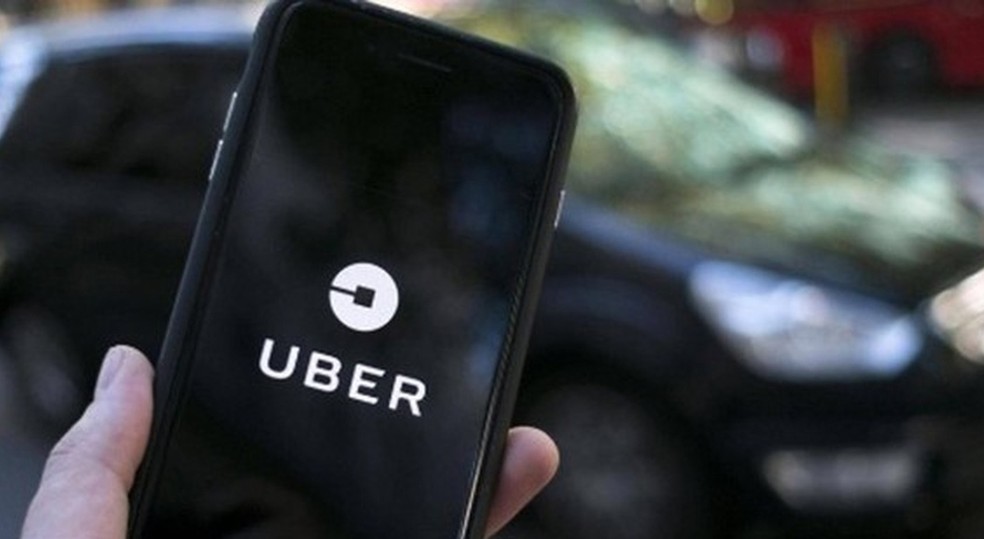A study released by the Union of Concerned Scientists this Tuesday (25) revealed that trips made on transport apps like Uber and Lyft result in an average 69% increase in climate pollution. The impact appears mainly in large cities, where the races requested in the mobility apps replace low-carbon trips, such as public transport, cycling or walking.
READ: Forgot your cell phone on Uber? Company charges to return

Uber-like mobility apps increase pollution by 70%, says study Photo: Divulgao / Uber
Want to buy cell phones, TV and other discounted products? Meet Compare dnetc
According to the study, there are two main factors that make Uber and Lyft races a climate problem. The first is that they are more polluting than a trip in a private car, since they contribute to the so-called "deadheading" of drivers, a phenomenon that occurs when the vehicle travels without passengers.
The second reason that racing on mobility apps is not replacing travel in private cars, but increasing the circulation of vehicles on the street. The report points out that, compared to trips in personal cars, trips made from these apps produce about 47% more carbon emissions.
The researchers believe that companies could reduce the damage caused by emissions by electrifying the vehicle fleet or encouraging customers to take group trips. For races to contribute to better weather and congestion outcomes, travel must be shared and electric and encourage low-emission modes such as mass transport, cycling and walking, say the scientists in the article.
The task is not easy, but both Uber and Lyft have already shown that they are committed to reducing their carbon footprint. To this end, companies have implemented bicycle and scooter sharing services, scheduling and issuing public transport tickets integrated in the applications.
Despite these efforts, most of the trips requested on Uber and Lyft platforms take place in vehicles powered by fuels such as gasoline, ethanol and gas. The companies even tried to promote group travel, but customers were reluctant to share the races.
To the technology site The Verge, an Uber spokesman underscored the company's commitment to sustainable transportation.
We want Uber to be part of the solution for dealing with climate change, working with cities to help create a low carbon transportation future. To unlock the opportunities we have to reduce emissions, we will continue to invest in products and advocate for policies that reduce car ownership, promote more shared travel and support greater adoption of bicycles, scooters, eco-vehicles and the use of public transport ".
A Lyft representative, on the other hand, classified the report as "misleading".
"This report, like many others, makes misleading claims about car sharing. Lyft encourages the use of shared travel, was the first company to insert public transport information into its app and, last year, made one of the largest deployments isolated from electric vehicles in the country. We look forward to continuing this work in partnership with cities, to move forward in shared and sustainable transportation ".
Cabify vs Uber: which is the best in Brazil? Opinion in the dnetc Forum.

Uber changes and has news in Brazil: know everything
